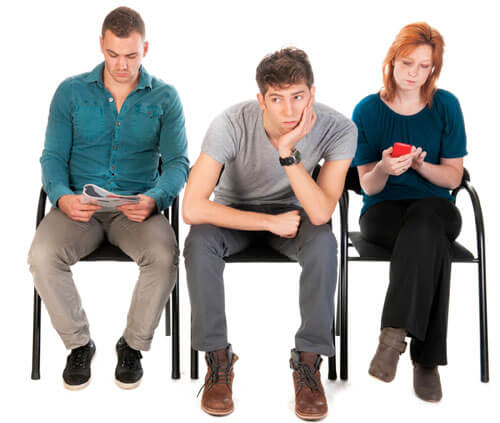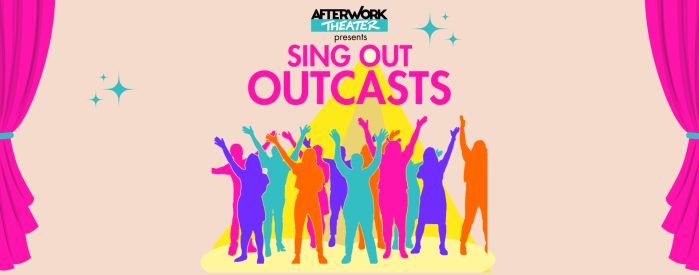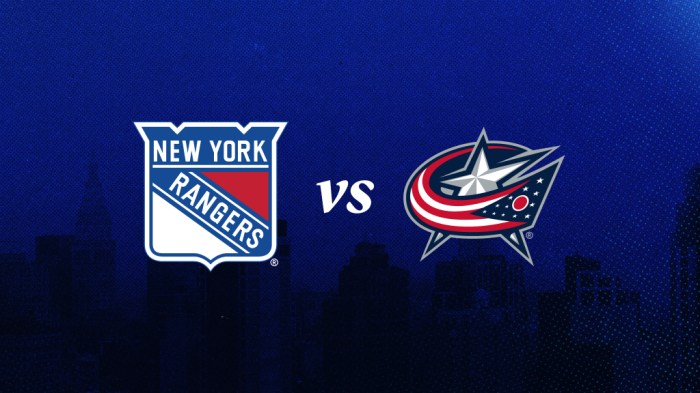Most men, arriving at the urologist’s office for the first time do so because they’re convinced that they have a prostate problem. In many, probably most cases, they are right. However, the doctor’s job is to evaluate their problems by classifying their symptoms into one or more of three major categories to definitively establish a complete diagnosis, essential to selecting the most appropriate treatment.
The first category of symptoms are those related to the storing of urine in the bladder and these include frequency and sleep interruption caused by the need to urinate as well as urgency causing that sudden rush to the toilet, not always in time to avoid embarrassing incontinence.
The second category of urinary symptoms are those involving voiding. These include a slow, often split intermittent stream with hesitancy in starting, sometimes requiring pushing to maintain a continuous flow but still ending in dribbling that seems to go on forever.
The third category of symptoms are those that occur soon after our man leaves the toilet, which require him to make a bee line right back because instead of feeling satisfied and empty, he feels that he has to urinate again and unfortunately, urine will very often run down his trouser leg before he can make it back in time. What often happens is that an enlarged and obstructive prostate can cause these symptoms as can an overactive bladder and what’s more is that both conditions may be present at the same time. Furthermore, the prostate obstruction can lead to bladder wall thickening and irritation causing the symptoms of an overactive bladder.
The medications that have been developed to treat over-activity of the muscles of the bladder, bladder neck and urethra don’t work only where we want them to work. They also have an effect on various other parts of the body far away from the urinary tract. For example, the muscles in the wall of the arteries throughout the periphery of the body, which have a strong effect on blood pressure.
In addition, the spinal cord, and the nasal passages can all be affected by the same medication that might be used to relieve the symptoms of the urinary tract. If it relieves the symptoms of prostatic obstruction, it may stuff up your nose and the medicine that unclogs your nose may very well make it more difficult to urinate. Retrograde ejaculation can also be expected to occur in about one of five men using such medication.
Proper diagnosis can be accomplished by careful history, physical examination, time and amount records, uroflowmetry, sonography, and urodynamic studies. Surgery is best reserved for cases complicated by any of the following: bladder stones, persistent heavy bleeding, complete urinary retention and renal failure. Otherwise the appropriate medications will be chosen and if necessary, a minimally invasive procedure such as TUMT, transurethral microwave thermotherapy.
Question? Call Dr. Okun at 718-241-6767
























